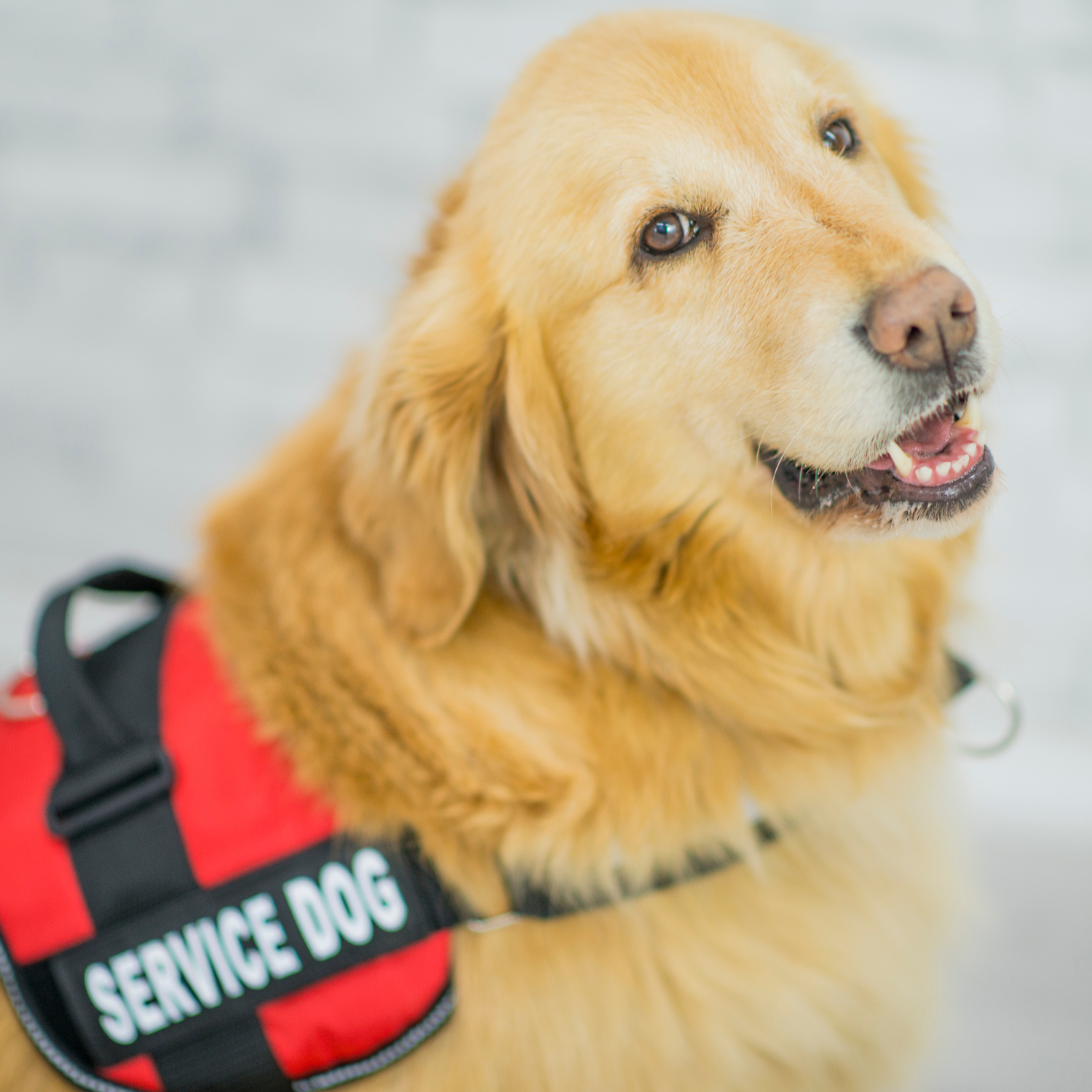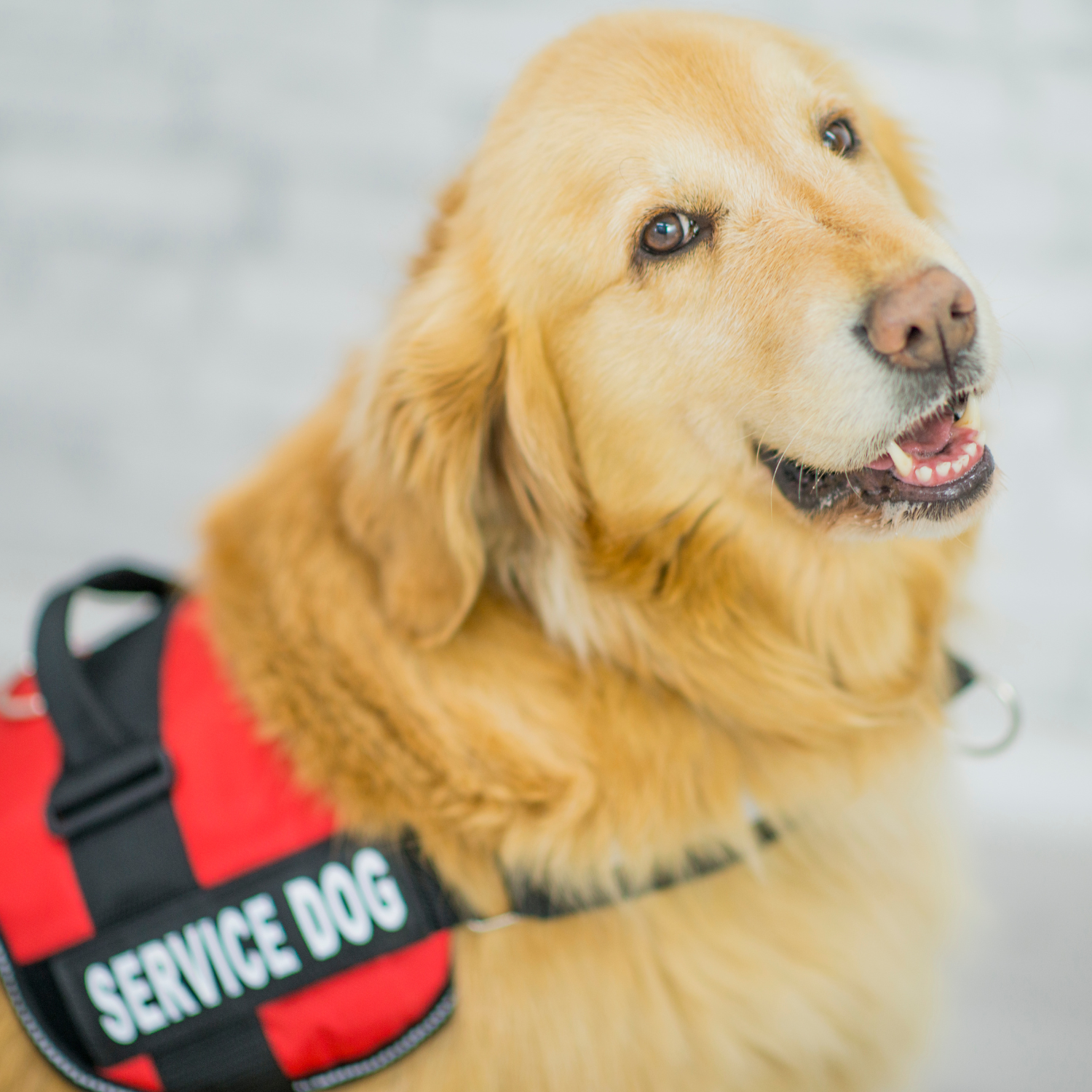In a recent article, we began our discussion of the Fair Housing Act (FHA) and the Americans with Disabilities Act (ADA) as they relate to community associations. A large part of understanding the FHA and ADA is knowing who they protect, the provisions of those protections, and what housing providers such as homeowner's associations must do to ensure they're not in violation of either act.
While avoiding obvious discriminatory practices and allowing for reasonable accommodations may seem like no-brainers, there are other facets of these two acts - things like regulations surrounding assistance animals, handling harassment claims, and the Housing for Older Persons Act - that community association board members must also be familiar with.
Assistance Animals
This is one of the most important aspects of the FHA and ADA because roughly 60% of FHA claims involve assistance animals. It is important to note there are two categories of assistance animals:
- Service Animals: A service animal is defined as a dog (or miniature horse) that has been trained to perform a specific task or do work for a disabled
 person
person - Support Animals: Any type of animal that may provide emotional support or perform tasks for a disabled person but has not been trained to perform specific tasks
The risk of discrimination here often lies in treating the animal just as you would other pets in the community. Assistance animals cannot be subject to breed or size restrictions and you cannot charge pet fees for such animals. Just as with any disability, however, if the disability is not obvious, you may ask for documentation from a healthcare professional stating that the person has a disability and a need for the animal.
Be wary of internet certificates - these days, anyone can go online and print off fraudulent support animal certifications for their pets. These are not sufficient to prove that a person has a disability and needs the animal. Also, if an animal is dangerous, has a history of violence, or causing property damage, you are not automatically required to allow it in the community.
Harassment
Harassment within a community is another one of those hot-button issues for housing providers such as homeowner’s associations. And, whether the housing provider is obligated to get involved in a harassment situation really depends on a number of factors. For HOA boards, the point of involvement can come when a community member is being harassed based upon being a member of one of the protected classes listed in the FHA. For example, if someone puts a racist sign in their front yard and the community's governing documents give the board authority to regulate signs, the board must step in and have the sign removed.
Another type of harassment related to housing is hostile environment harassment. This type of harassment occurs when a housing provider subjects someone to severe or pervasive unwanted conduct that interferes with housing or housing-related services. So, for example, if a community member felt he or she was continually being threatened by a board member or community manager, that would fall under the category of hostile environment harassment.
Housing for Older Persons Act
The Housing for Older Persons Act (HOPA) is what allows for the existence of 55+ (or in some instances 62+) communities without those communities being considered age discriminatory. These types of communities must meet certain requirements in order to receive this designation. First, they must be specifically designed and operated to assist elderly people. They must also take a census of residents every two years and recertify with the Federal Housing Administration. To qualify for the HOPA exemption, a facility or community must have at least 80% of its units with one occupant who is over the age of 55 (or 62 if that is the case in that community).
Handling Claims of Discrimination
Unfortunately, there will be times when community associations are faced with discrimination claims. If this occurs, the first thing to do is immediately notify the association's attorney. Typically, only 20 days are given to respond to these claims, so time is of the essence.
In North Carolina, the Human Relations Commission handles such complaints, and in South Carolina, it’s the Human Affairs Commission. Both entities have investigators who receive these complaints and send them to the accused within 10 days of receipt. Most of the time, there will be numerous parties named in the complaint such as the HOA as an entity, board members, the management company, and the community manager. These complaints must be answered in their entirety under the penalty of perjury. Depending on the outcome of the complaint, there may be a monitoring requirement where someone supervises the housing provider's activities, there can be training required, financial penalties charged, or requirements to install facilities or accommodations for disabled persons.
Besides wanting your community to be an inviting, accepting place for people to call home, avoiding discrimination claims is another big reason board members should familiarize themselves with both the FHA and ADA. Having some basic knowledge of these two acts can go a long way in saving your community both from legal and financial hardships as well as aid in preserving its reputation as a great place to live.
If you have questions about any of the topics discussed in this piece, please reach out to your CAMS Community Manager for trusted guidance - The CAMS Way. You may also consider this outline from our "Ask the Experts" Webinar presentation on this topic.


